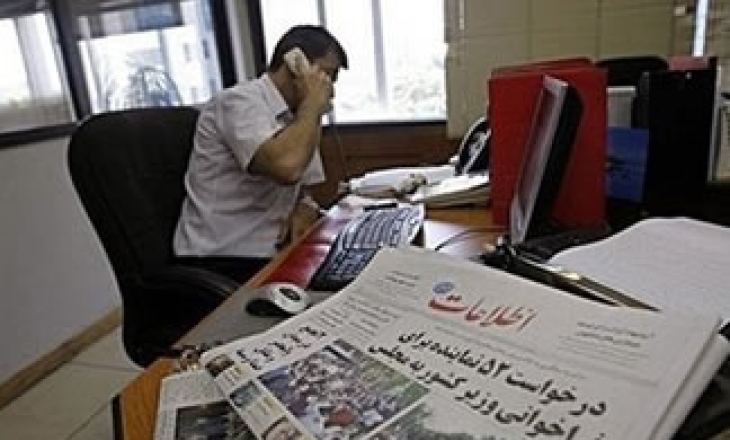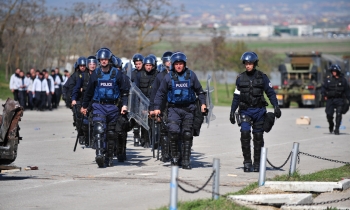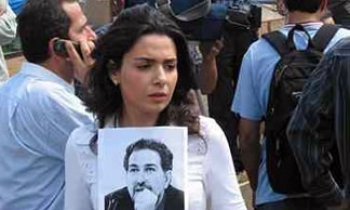Twentyfour journalists remain jailed in Iran, according to the latest CPJ research, while the government has instituted a broad and intrusive censorship regime.
The government prevented a total of five national newspapers from publishing on Wednesday, according to local news reports. At least three of the papers said that representatives of the Ministry of Culture and Islamic Guidance had stopped them from publishing articles because they tried to run articles about the defeated candidates, according to the Iranian Students News Agency (ISNA), and statements by the newspapers.
The Tehran-based Hayat e No, Hambastegy, Itmad e Milli, Andisha e No, and Seday e Edalet didn't appear on newsstands on Wednesday, ISNA reported. Itmad e Milli, Hayat e No, and Seday w Edalet confirmed the news. Hayat e No reported on its website Thursday that the newspaper did not publish for a second day in a row because of censorship.
"Three weeks ago, Iran invited the international press to the country to witness its democratic elections. Now it is engaging in the kind of crude censorship that is the hallmark of an authoritarian regime," said Mohamed Abdel Dayem, CPJ programme coordinator for the Middle East and North Africa.
Muhammad Jawad Haq-Shunas, manager of Itmad e Milli, which is owned by defeated presidential candidate Mahdi Karroubi, told ISNA that a representative of the Ministry of Culture and Islamic Guidance censored an article by Karroubi about the decision of the Council of Experts to uphold the disputed election results. "We were ready to leave the space [where the article would have appeared] blank, but that was rejected," he said. "At that hour, we could not replace the article."
Hameed Qazwini, editor-in-chief of Hayat e No, told ISNA that the ministry representative had deleted a number of articles, including one about the defeated candidate Mir-Hossein Mousavi. On June 17, the newspaper and Hambastegy were also not published as a result of censorship. ISNA reported that Seday e Edalet gave similar reasons for not going to press. Hambastegy and Andisha e No were not available to comment, according to ISNA.
Local journalists have increasingly complained about censorship in Iran following the country's disputed presidential elections on June 12. On June 22, at least 180 local journalists signed a petition complaining about censorship.
In a separate development, authorities arrested Abulfadhl Abidini, a freelance journalist and human right activist, on Tuesday in Ahwaz, southwest Iran, according to the US-funded Radio Farda. Security agents searched his house before taking him, the station reported.










